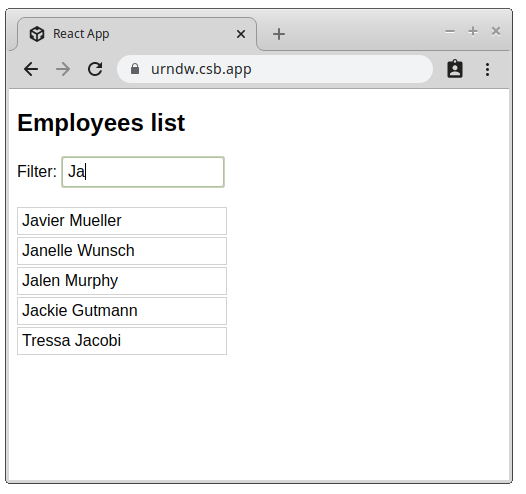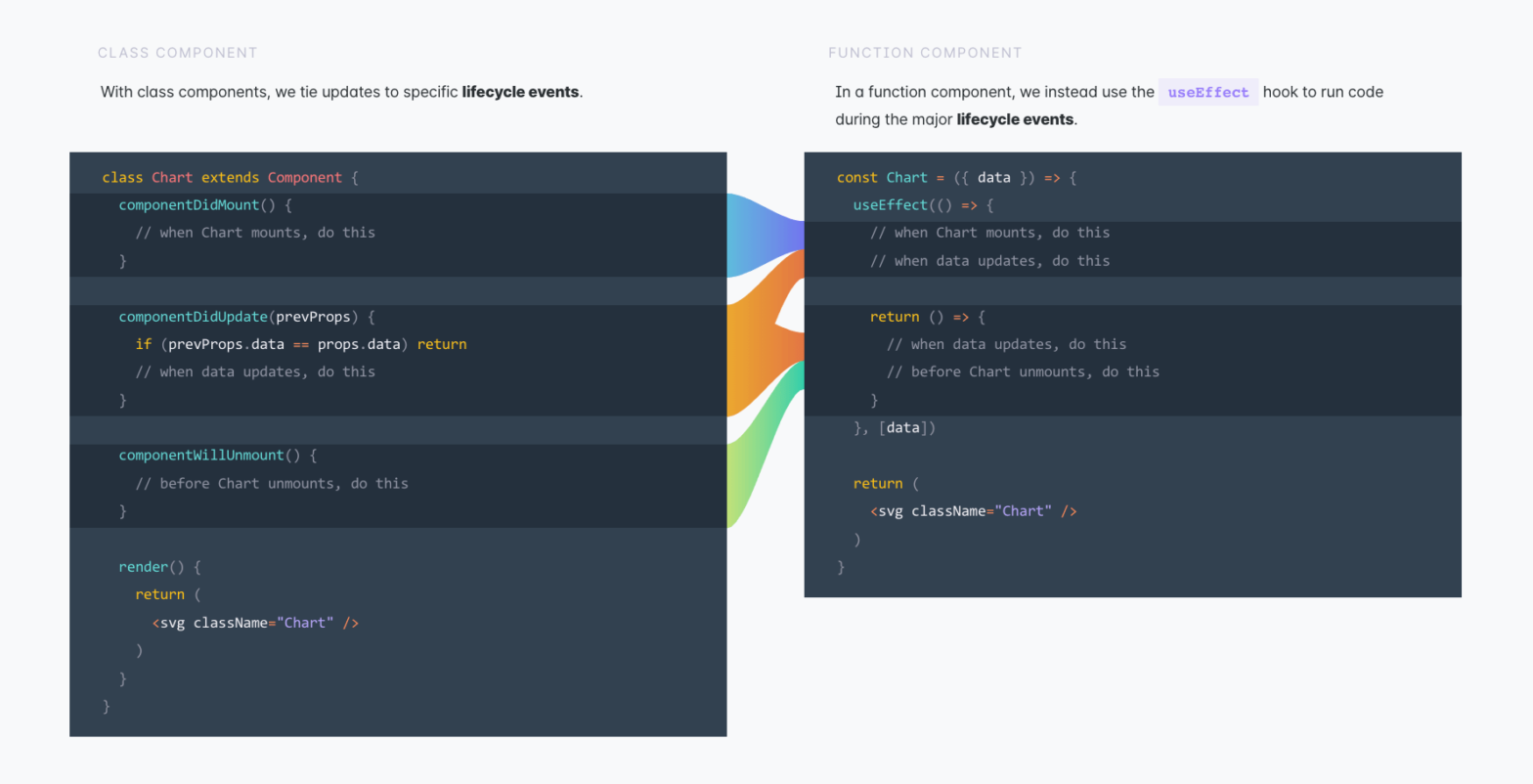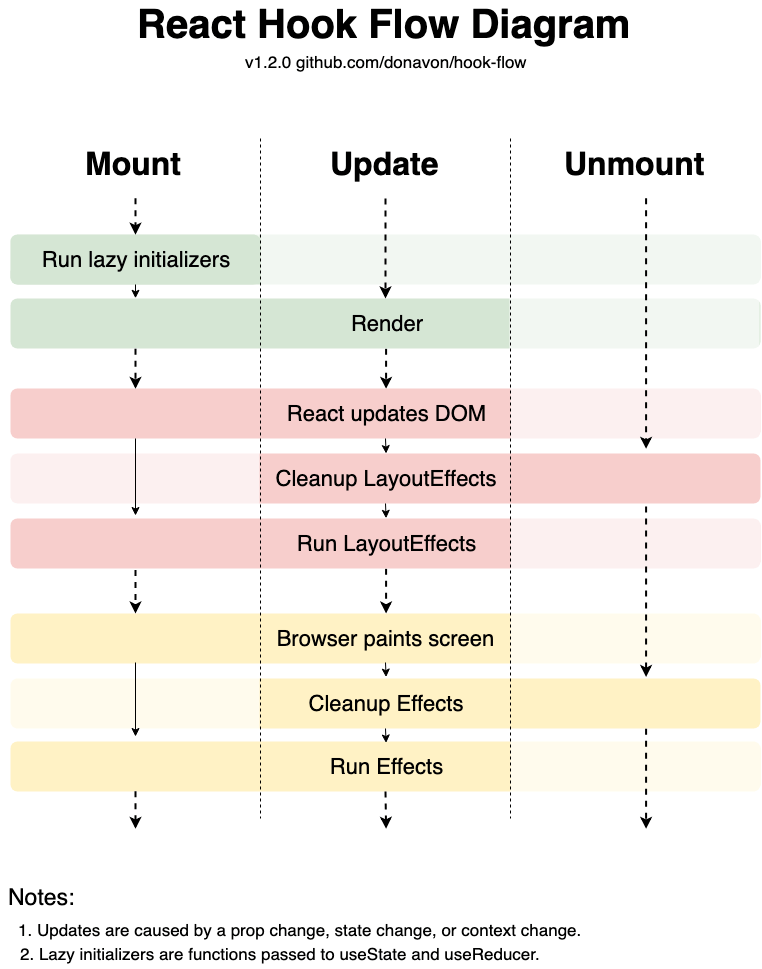
Ace talk by Shawn Wang: The design of React Hooks requires a good understanding of closures in JavaScript. In this talk, we’ll reintroduce closures by building a tiny clone of React! This will serve two purposes – to demonstrate the effective use of closures, and to show how you can build a Hooks clone in …




